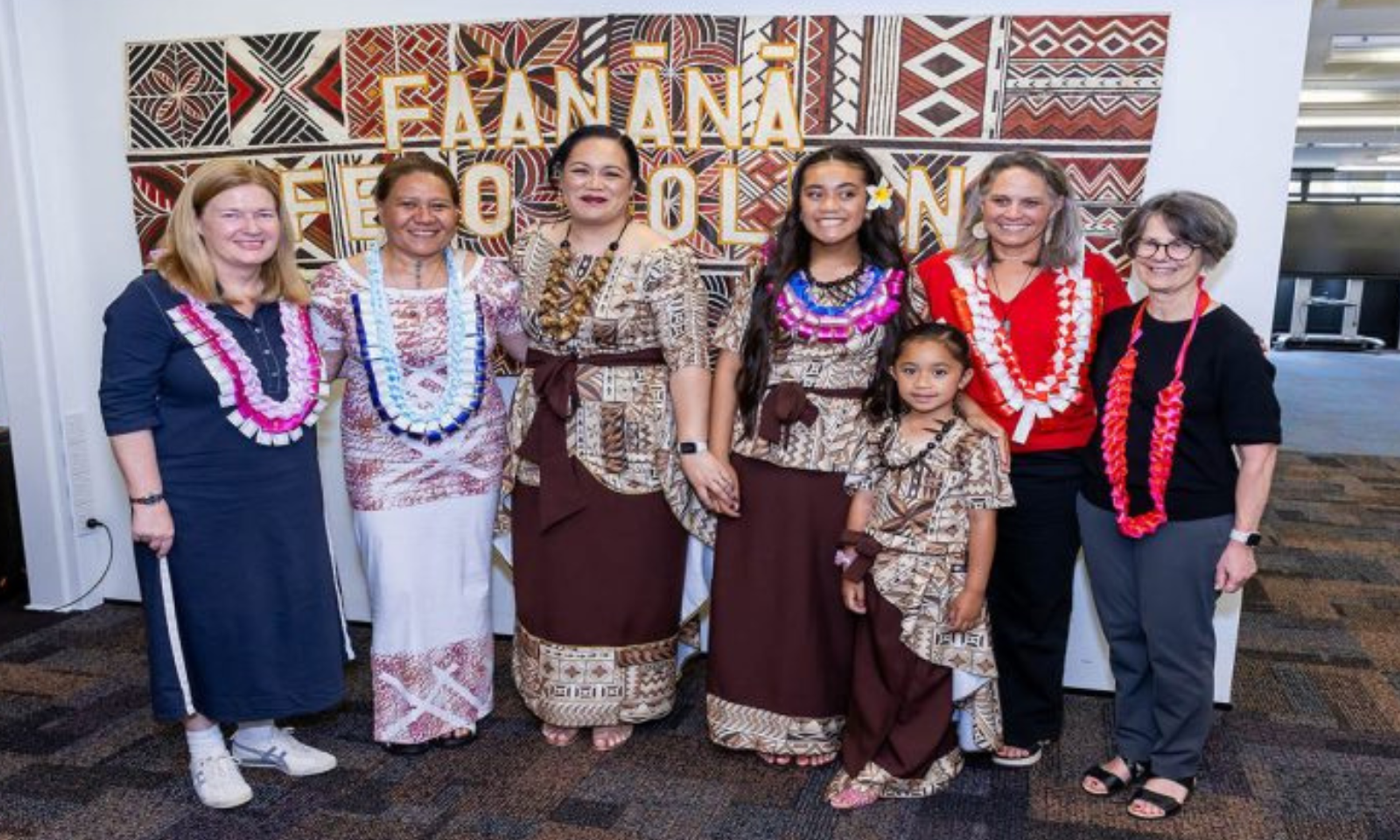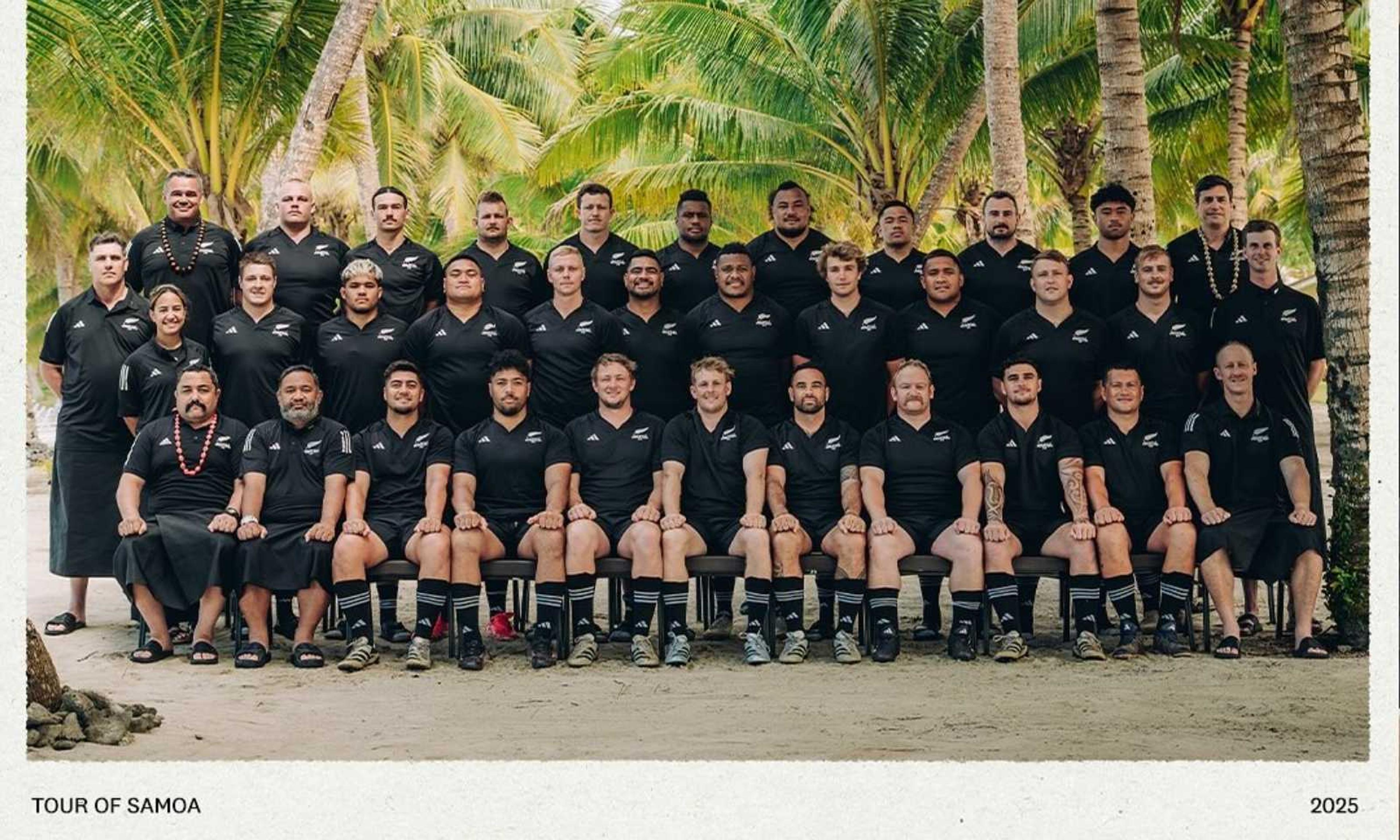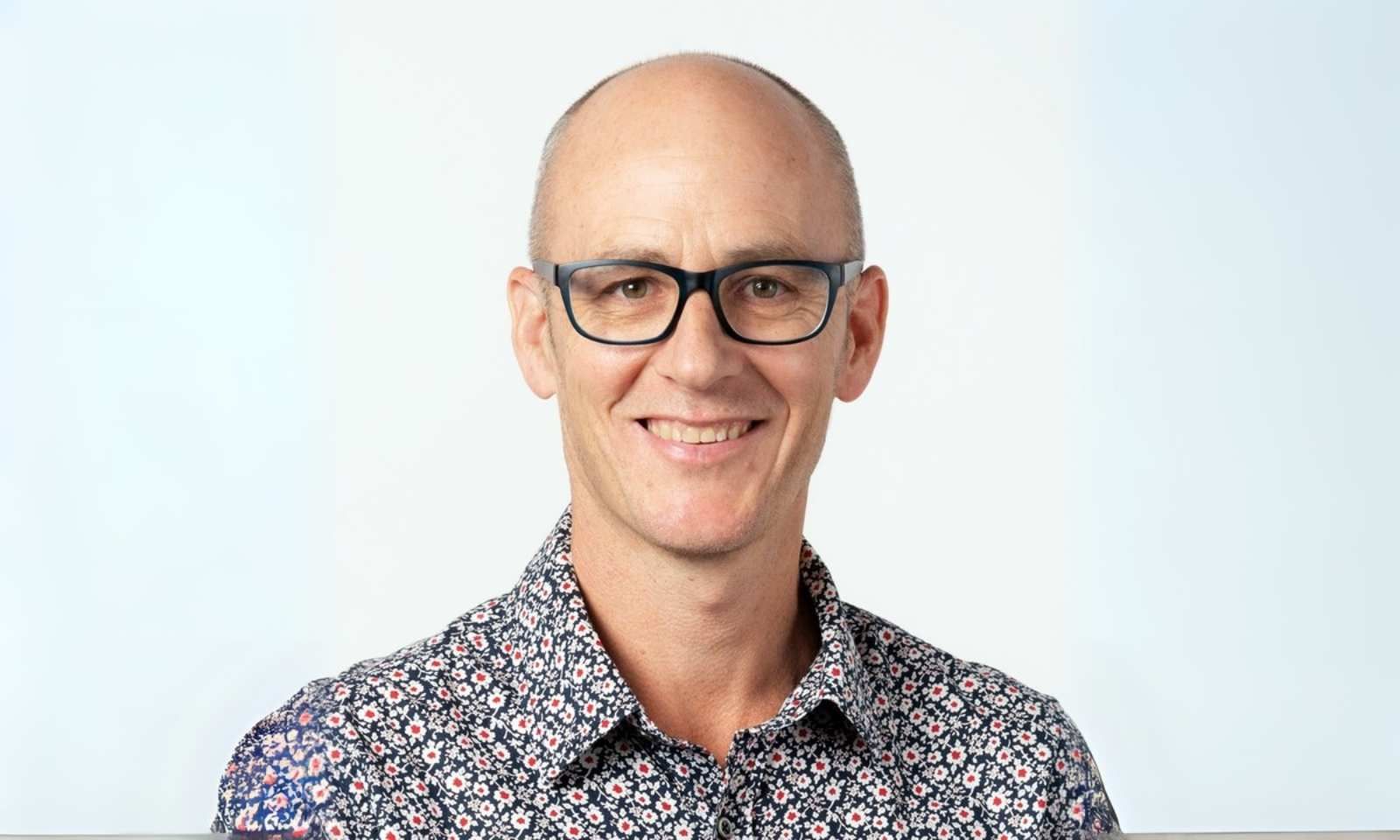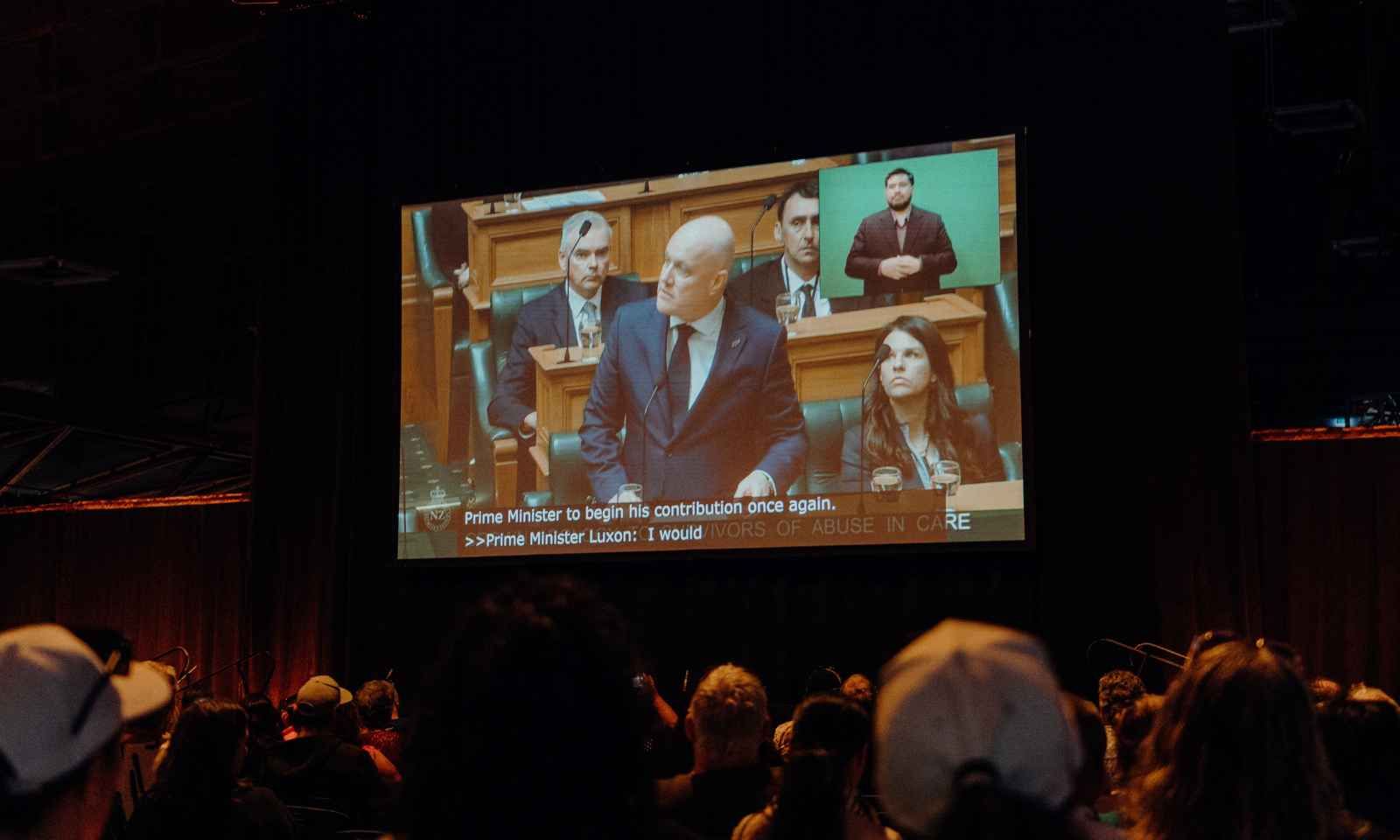

The Oranga Tamariki Amendment Bill passed its first reading last month.
Photo /Unsplash.
Boot the Bootcamp Bill: Militaristic approach to youth offending criticised
Advocates warn military-style bootcamps proposed in the Oranga Tamariki Amendment Bill could worsen things for vulnerable children and young offenders.



Law expert: US boat strike controversy a lesson for the Pacific

Heartland XV coach reflects on emotional return to Sāmoa

Most New Zealand teachers set for six-figure pay after new deal struck with govt



Law expert: US boat strike controversy a lesson for the Pacific

Heartland XV coach reflects on emotional return to Sāmoa

Most New Zealand teachers set for six-figure pay after new deal struck with govt
Advocates are calling on the Government to boot its bootcamp bill, urging it could deepen trauma for vulnerable children.
More than 20 youth, community, and legal groups signed an open letter asking Prime Minister Christopher Luxon to abandon a bill enabling military-style academies for “young serious offenders.”
The Oranga Tamariki Amendment Bill, which passed its first reading in early November, would establish boot camps as a sentencing option.
Signatories, including YouthLaw Aotearoa and the Mental Health Foundation, warned these programmes lack evidence of success and risk repeating past abuse.
Instead of militarised academies, they promoted community-based strategies, including working with hapū, iwi, and local groups with relevant youth support expertise.
Aaron Hendry, co-founder and general manager of Kick Back, a youth development organisation, says this military-style model lacked strong evidence and risked furthering trauma rather than hindering it.
“Within hapū, iwi and community organisations, there's a range of expertise and knowledge that exists, things that are already working to support and serve our children,” Hendry says.
“I think it's really important to continue to emphasise that we do have solutions for our children within our community.”
Others have also criticised the need for more evidential success behind boot camp initiatives, both locally and internationally.
Hendry said the Government should focus “on what’s working, rather than developing models without a strong evidence base.”
A 2018 government study reports youth offending had root causes in poverty, trauma, and lack of mental health support while promoting early intervention over punitive measures.
The report also states, "harsh punishments have little deterrent effect on young people. Boot camps do not work, and 'scared straight' programmes have been shown to increase crime”.

Kick Back’s Aaron Hendry. Photo /YouTube/NZHerald.
Push for prevention
Hendry says the solution is in prevention, adding that children offending or reoffending are often driven by factors of poverty, homelessness and lack of access to basic resources.
YouthLaw Aotearoa’s General Manager, Darryn Aitchison, shares this sentiment, calling for a greater focus on meeting basic legal and social needs, such as stable housing, healthcare access, and violence-free homes.
“The place to address youth offending is actually earlier in their lives,” he says.
Aitchison says many youths going through the system have also been connected to the state care system as children.

YouthLaw Aotearoa’s Darryn Aitchison. Photo /YouthLaw.
According to an Oranga Tamariki report, approximately 81 per cent of young people had a care and protection report of concern before their first Youth Justice Family Group Conference, with many also receiving mental health and substance use treatment in the preceding year.
Aitchison also says the cost of boot camps, which is $50 million over the next four years, could fund 125 new police officers to engage in a “community-strengthening way” to achieve more than what the bill could.
“The bill has been developed in haste... it has been introduced before a thorough evaluation of the pilot has occurred,” he adds.
“It dramatically alters the model adopted in the pilot and creates a new programme... which strips out key supportive methods that improved the experience of children in the pilot programme.”
Relabel ‘offenders’
Hendry stresses within their open letter that labelling children as “Young Serious Offenders” obscures the reality of the situation.
“The reality is we are talking about children, and we're talking about some of the most vulnerable children in our society.
“When we put labels…on children, that can do psychological damage and cause deep harm in terms of how they view themselves and how they interact with the world.”
Aitchison warns framing children as offenders justifies “an adult approach to youth”, therefore justifying punitive and harsh sentences not appropriate for children.
He says YouthLaw is concerned that New Zealand is failing to uphold its obligation to international law regarding the treatment of children.
In last year’s Concluding Observations on New Zealand's sixth periodic report, the United Nations Committee on the Rights of the Child expressed concerns about New Zealand's compliance with the Convention, particularly regarding the treatment of children within the justice system.
“There's a theory that if adults are going to get a really harsh sentence, they won't offend,” Aitchison says.

PM Christopher Luxon spearheaded the Government’s apology for abuse in care last month. Photo /Joseph Safiti.
“Well, that's an adult paradigm. It's not one that's appropriate for children.
“We've seen through the Royal Commission into Abuse in State Care it is not exclusively a child issue, but the vast majority of people who went into state care were children.
“That was the kind of dominant characteristic. They may have been Māori children, they may have been disabled children, they may have been Pasifika children, but fundamentally they were children.”
Coming together
He calls for a nonpartisan approach to this issue, highlighting that, like Christmas gatherings, families work together regardless of ideology.
“What we need as a community is for all sides of the political debate and all the different perspectives to come together like a family and work out solutions.
“These are really complex issues, and you can't rush the solutions. You need lots of brains at the table."
Meanwhile, Hendry concludes that the current justice system he would like to see is one he would want for his children.
“These are not the sorts of environments I would want my children to be in. I would not have confidence they would be safe or they would be cared for.
“If it’s not good enough for my kids, how is it good enough for anyone else’s?”
PMN News has reached out to the PM’s office for comment.